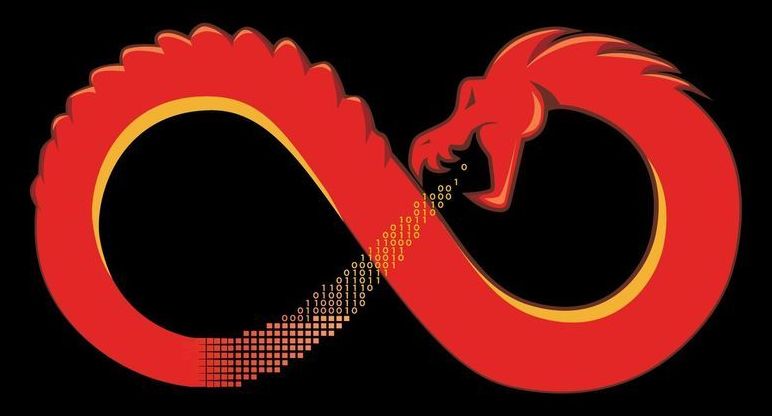Jan 18, 2020
U.S. Government Confirms Critical Browser Zero-Day Security Warning For Windows Users
Posted by Quinn Sena in categories: cybercrime/malcode, government, privacy
It’s been a lousy week for Windows users: first, the NSA curveball crypto vulnerability and now confirmation of a zero-day vulnerability that’s being actively exploited with no fix yet.
Hot on the heels of National Security Agency (NSA) and Department of Homeland Security’s Cybersecurity & Infrastructure Security Agency (CISA) warnings for Windows 10 users to update urgently as news of the curveball crypto vulnerability broke, here we are again. The CISA has published a new warning for Windows users as Microsoft confirms a critical zero-day vulnerability is being actively exploited, and there’s no fix available at the time of writing.
















